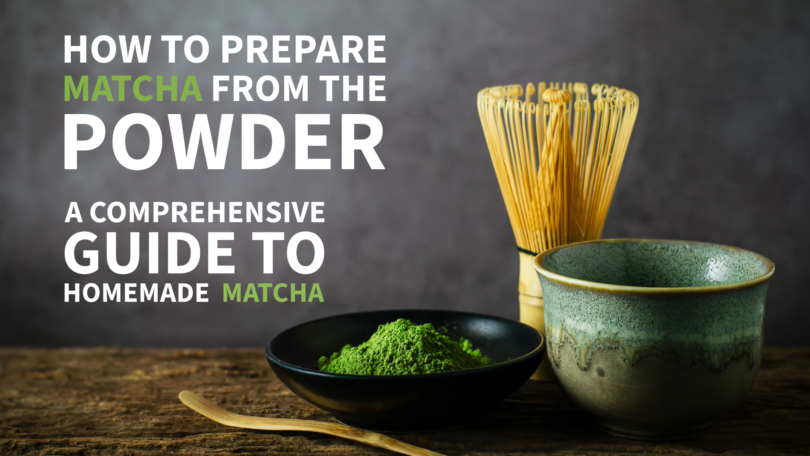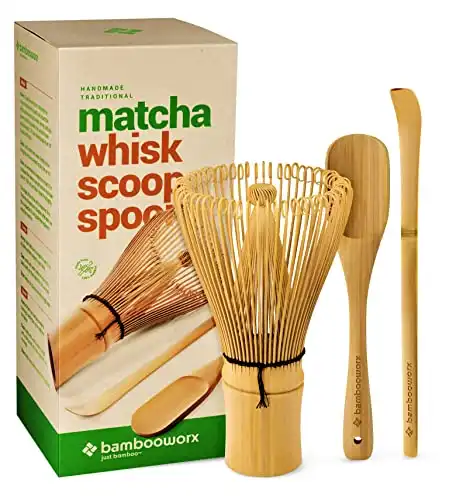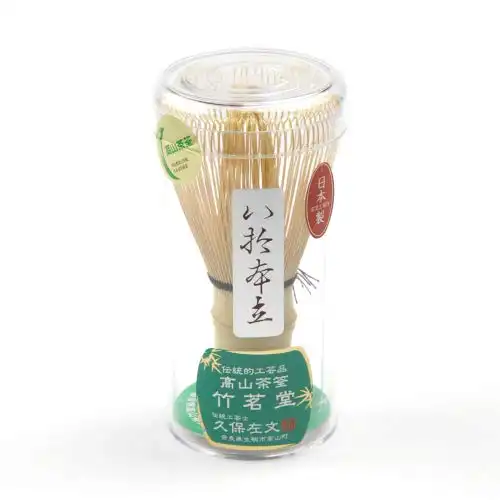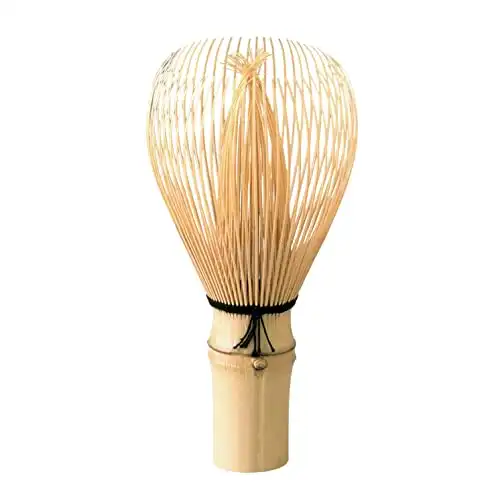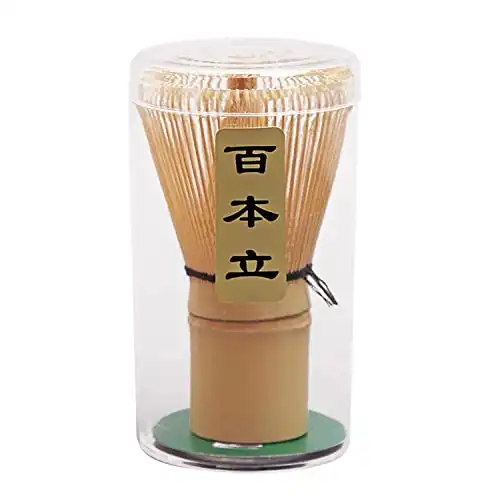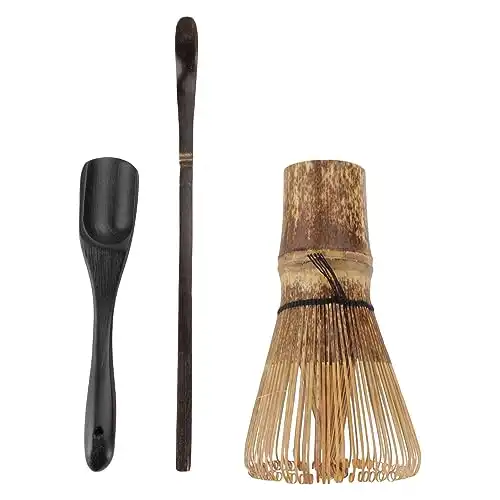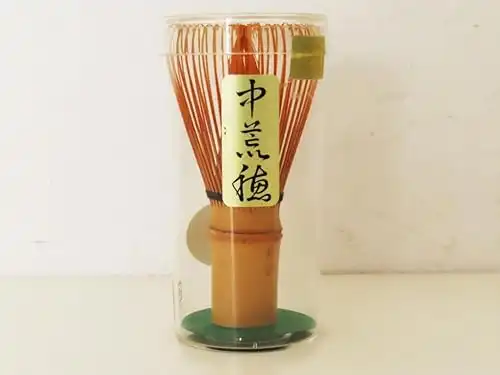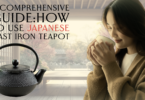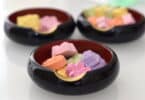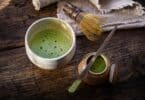In the serene tranquility of Japan, matcha holds a revered place in the hearts of many. This vibrant green powdered tea, with its rich history dating back centuries, not only offers a delightful flavor but also a unique cultural experience. While enjoying matcha in a traditional tea ceremony or at a cozy café can be enchanting, there’s something truly special about preparing and savoring it in the comfort of your own home. Let’s embark on a journey to uncover the secrets of how to prepare matcha from the powder, exploring tools, methods, and the joys it brings.
Table of contents
Understanding the Essentials: Tools and Methods
Preparing matcha at home requires a few essential tools and a bit of know-how. First and foremost, you’ll need high-quality matcha powder, a bamboo tea whisk (chasen), a ceramic bowl (chawan), a bamboo scoop (chashaku), and hot water just below boiling point.
Matcha powder
There are several key points to consider when choosing matcha powder. First and foremost, quality is essential. High-quality matcha should have a fresh, vibrant green color and possess a rich flavor. Secondly, consider the origin and manufacturing process. Generally, matcha produced in Japan is considered the highest quality. Additionally, the manufacturing and cultivation methods also play crucial roles in determining the quality. Finally, it’s important to choose matcha that suits your preferences and intended use. If you’re purchasing it for drinking, aroma and mouthfeel are also significant factors to consider. Taking these points into account, you can select the matcha that best suits your needs. For more information, please check this article.
This is my most recommended matcha. There is no mistaking matcha from Uji, Kyoto, Japan. This is matcha for making powdered green tea. (Some matcha is for sweets, so please be careful." Choose "for ceremonies.")
Match whisk
Choosing a tea whisk may be the most difficult part. You should be careful when purchasing a tea whisk, as the number of bamboo strands used for different purposes depends on the number of bamboo strands used. Generally, the higher the number of prongs, the more foamy and creamy the product will be. However, because they are more delicate, they are less durable. If you are new to matcha, you may start with inexpensive ones made in China, but if you choose one made in Japan and with a traditional craftsman’s mark, you will be able to enjoy the best matcha tea.
The table below shows a list of matcha products.
| Product Image / Product Name | Price / Primary Button / Number Of Prongs / Place Of Production | Pros / Cons |
|---|---|---|
|
Best for beginners
|
|
|
|
|
|
|
|
|
|
|
|
|
Special color
|
|
|
|
For Koicha
|
|
|
- Easy-to-start price for beginners
- The quality is less than that of Japanese products.
- Genuine Japanese products, Takayama is famous for its production of tea whisks.
- High durable and ease of use than the Chinese one.
- Chasen is a consumable item, but also because it is delicate. It may be a little expensive for those who are not yet familiar with it.
- Made in Japan, Takayama is famous for its production of tea whisks.
- Reasonable price because the number of prongs is not exact.
- High durable and ease of use than the Chinese one.
- a little expensive for those who are not yet familiar with it.
- The 100-prongs can make fine and smooth matcha, and while 100-bar brewers are usually expensive, this product is affordable.
- The 100 prongs are more delicate than the 80 prongs, and therefore less durable.
- Chasen made of black bamboo commonly used by Omotesenke. Beautiful to look at.
- It is a tea whisk used in one style called Omotesenke. It is produced in small numbers and is a little expensive.
- It is necessary for making what is called "Koicha" ( rich green tea ) of Matcha. To make matcha while kneading, use a small number of prongs.
- Not for beginners.
Care of Chasen after use
- Wash as soon as possible after use.
- Not use water directly from the faucet, but wash in a bowl or similar.
- Not use any sponges or detergents.
- After washing, dry. A well ventilated and shady place is best.
- After washing the Chasen, I wipe only the handle with a clean towel.
Match whisk stand
If you use a Chasen for a long time, the shape of the Chasen will gradually become thinner and thinner, but you can make it last longer by storing it in a special Chasen stand.
Ceramic bowl (chawan)
I hope you will enjoy a cup of delicious matcha in a Japanese teacup bowl. Or, you can use a café bowl you have at home.
Bamboo scoop (chashaku)
If you are buying a set it may come with the Chasen, or you can use a teaspoon you have at home.
If you are not familiar with the tools and are worried about them, it may be a good idea to purchase a set first, and once you get used to it, you can choose your favorite chasen (tea whisk) and tea bowl.
Mastering the Method
Start by sifting one to two teaspoons of matcha powder into your bowl to remove any lumps. Gradually add hot water (around 70-80°C) and whisk vigorously in a zigzag motion until frothy. Aim for a smooth, creamy consistency without any clumps.
Embracing Matcha in Your Daily Life
With the right tools and a bit of practice, preparing matcha at home is a simple yet rewarding ritual that can bring a touch of Japanese elegance to your daily routine. Whether you start your day with a warm bowl of matcha or unwind with a soothing cup in the evening, the experience is sure to leave you feeling rejuvenated and refreshed.
In conclusion, the art of preparing matcha from the powder is a journey of discovery and appreciation for Japanese culture and tradition. By embracing this ancient ritual in your own home, you not only gain a deeper understanding of matcha but also invite moments of mindfulness and tranquility into your daily life. So why not embark on this enchanting journey today and let matcha become a cherished part of your routine? Happy whisking!

